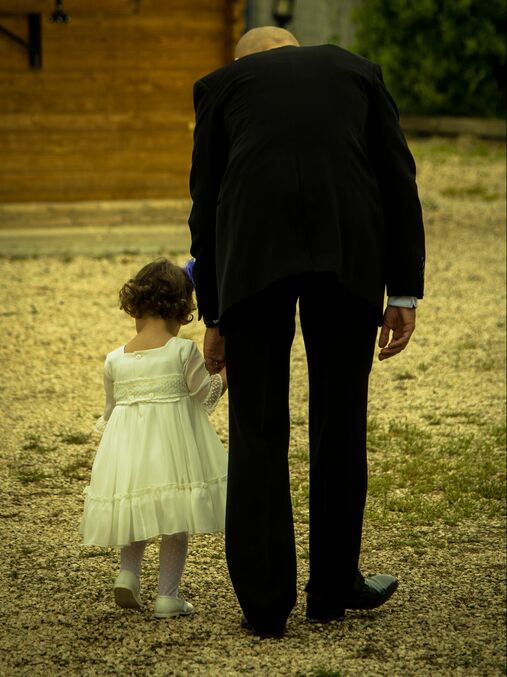Attendance at such events may also provide some relief from, or actually delay the worsening of, the symptoms of dementia.
Here are four ways that church-related events can be beneficial to your loved one.
1. Church is a place to socialize.
Whether it’s held in a traditional church or at the facility where your loved one is now living, a worship service is at least in part a social event. Catching up with old friends and meeting new ones in such a socially stimulating environment can play an important role in the life of someone suffering from dementia.
Socializing with others helps to prevent the feelings of isolation, loneliness and depression that can be an issue for all seniors, but especially the cognitively impaired. It can also promote improved brain function by helping your loved one to focus on thoughts and conversation, while strengthening his or her connections to time and place.
Just as important, research shows that socialization can slow down the progression of memory loss for people with Alzheimer’s.
2. Church offers a routine.
A regular, established routine can help calm and reassure someone with dementia. A church service that begins at the same time each week means getting out of bed, getting dressed, having something to eat and traveling to a familiar place down the hall or across town – all on a consistent schedule. Afterwards, you can offer a regular meal or some other post-service activity.
Routines can enhance both long-term memory and procedural memory--how we like to do things. Dementia generally attacks short-term memory first, leaving procedural and long-term memories in place. As a result, many people suffering from cognitive decline are able to remember their routines with surprising accuracy, and frequent attendance at church events can help support their memories.
Such routines also help alleviate the stress and anxiety of not knowing what to expect, a frequent problem for those suffering from dementia.
3. A church community can offer plenty of help.
A place of worship is also a place of community. Senior adults battling dementia don’t always get enough of the support they need—even when they’re living in a long-term-care facility.
What better place than a church full of loving and compassionate people to find people willing to assist with chores, transportation, or frequent fellowship? After all, Christians have been charged with visiting “orphans and widows in their trouble” (James 1:27), and many are looking for an opportunity or invitation to fulfill that responsibility.
4. Going to church can help you cope.
A dementia diagnosis can be as difficult for you as it is for your loved one. But sharing in faith-based activities can help you both manage your feelings while sharing your confidence in the joyful eternity awaiting all believers.
Not surprisingly, there’s scientific evidence to back that up. Numerous studies reveal that faith and spiritual practices have helped people find hope even in the face of cognitive loss and physical suffering.
If you care about someone battling dementia, consider inviting him or her to a church service or other event in the near future—at your church, perhaps, or wherever that person lives. After all, joining a Christian community has a way of changing lives in more ways than one.

 RSS Feed
RSS Feed